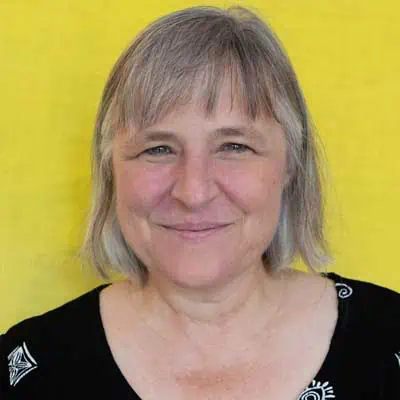
The Joys and Perils of Curiosity
July 22 @ 7:00 pm - 8:30 pm PDT
Cost: $20About the Event
Curiosity and a hunger for knowledge, information or experience are very alive, but often criticized, as in the old proverb, “Curiosity killed the cat.” We are often hooked by our curiosity, the dopamine hunger for the next revelation, the next episode, the next scene in a thriller, the next puppy video on our cell phones, and we end up getting less sleep than we need, or not getting out for that health-giving walk. Curiosity can also bring us to a place of discovery and delight with one another, or can make people feel like they are under a microscope. What is the best path to making our curiosity as healthy and life-serving as possible?
In this 90-minute webinar with Sarah Peyton, we will look at the research into curiosity, how it shows up in the brain, and how to use this knowledge to improve our lives and make us less prone to being “hooked.”
Please note:
- This is an online zoom webinar that runs for 90-minutes with an optional 30 min Q&A.
- Purchase includes invitation to the live webinar and post-webinar access to access the recording + slides. The slides include research citations where relevant.
- This webinar is the July meeting of Sarah’s 2025 Neuroscience and Resonance monthly series
- We are delighted to offer 1.5 continuing education (CE) hours for psychologists and social workers for this course ($40 additional fee). Details here
- 100% Live attendance is required to receive CEs.
Cost and How to Register
Have you ever noticed how your whole body gets involved when you are curious about something? What is the neuroscience of curiosity, and when is curiosity healthy, and when is it unhealthy? Join Sarah for a 90-min webinar exploring the research into this tantalizing subject, and discover how resonance can make our expressions of curiosity more life-serving.
$20.00
If you have questions or need support, please email [email protected]
About Sarah
Sarah Peyton, Certified Trainer of Nonviolent Communication and neuroscience educator, integrates brain science and the use of resonant language to heal personal and collective trauma with exquisite gentleness.
Sarah is a sought-after expert who brings neuroscience expertise together with depth work, self-compassion, and the transformative potential of language. She works with audiences internationally to create a compassionate understanding of the effects of relational trauma on the brain, and teaches people how words change and heal us.
Sarah teaches and lectures internationally and is the author of four books on relational neuroscience and self-compassion: Your Resonant Self: Guided Meditations and Exercises to Engage Your Brain’s Capacity for Healing, the companion Your Resonant Self Workbook: From Self-sabotage to Self-care, and Affirmations for Turbulent Times: Resonant Words to Soothe Body and Mind, and The Antiracist Heart: A Self-Compassion and Activism Handbook, co-authored alongside Roxy Manning, PhD.

